detail profile gennadios patsis
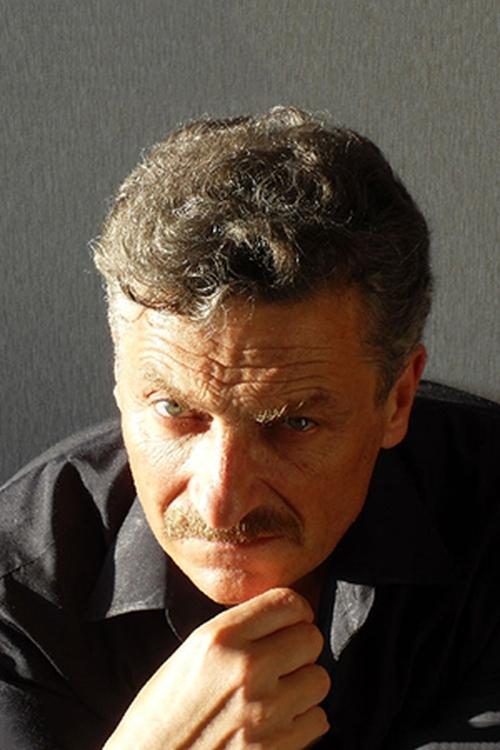
Gennadios Patsis
Геннадий Пачис
atau dikenal sebagai
Riwayat Hidup
Soviet, Uzbek, Russian and Greek actor, son of Greek political emigrants who ended up in the USSR.
Honored Artist of the Uzbek SSR.
In 1975 he graduated from the acting department of the Tashkent Theater and Art Institute (TTHI) named after Ostrovsky.
In 1975-1993 - artist of the Tashkent Russian Theater named after.
Gorky.
Since 1993 he has lived in Greece.
Artist of the Athens National Theater.
Actor, director, teacher of acting, fencing, stage combat in theater schools in Athens.
Info Pribadi
Peran Yang Di Mainkan Gennadios Patsis
 A welloff young lesbian couple vacationing...
A welloff young lesbian couple vacationing...Light Falls 2025
A well-off young lesbian couple vacationing on a Greek island explores an abandoned hotel. An accident and a clash of different worlds set off a spiral of violence and revenge.
 After his wife died a man...
After his wife died a man...Nicostratos the Pelican 2011
After his wife died a man refuses to go out and doesn't want to talk to his only son. Life has no meaning for him. One day his son finds a baby pelican and decides to leave the bird at home. Pelican helps the boy find his father again and revive him back to life ...
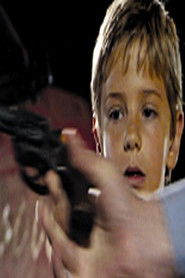 High Sabbath The fireworks for the...
High Sabbath The fireworks for the...Το Βουνό Μπροστά 2008
High Sabbath . The fireworks for the Resurrection feast will be the cause of a revival of an earlier, dark encouragement, between Luan and Thymios. The stranger and the locus, the atheist and the religious, the murmur and the "lamb". Our story ends in a dramatic one. Her victim, Harris, is a child immigrant. Albanian and Greek together. Christian and Muslim. The village is tall and it is FRONT.
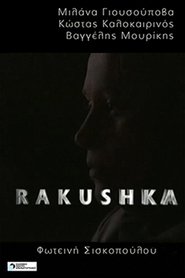 A husband whose young wife has...
A husband whose young wife has...Rakushka 2004
A husband whose young wife has committed suicide meets for the first and last time his Russian mother-in-law who has arrived to collect the coffin.
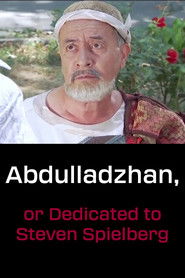 Considering that Musakovs Abdulladzhan 1991 was dedicated...
Considering that Musakovs Abdulladzhan 1991 was dedicated...Abdulladzhan, or Dedicated to Steven Spielberg 1992
Considering that Musakov’s Abdulladzhan (1991) was dedicated to Steven Spielberg, we might suggest that these four boys embody nothing more complicated than a conflict of youthful innocence with some ominous threat—the basic workings of E.T. (1982) or War of the Worlds (2005), say. That threat, however, is best understood not through vague nationalism or warmed-over socialism, but through the other reference-point of Abdulladzhan—Tarkovskii’s Stalker (1980). Musakov leaves his boys in a simplified radiance so bright and so overexposed that it no longer looks like the skies of sunny Tashkent, but a disturbing, borderless luminosity to match the flat tonal range of Stalker’s “Zone.” Our Uzbek boys are nowhere in particular; this is a broader domain than anything international.
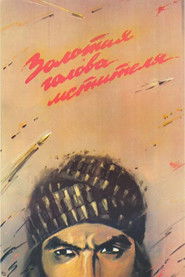 This picture of Alisher Khamdamov is...
This picture of Alisher Khamdamov is...Golden Head of the Avenger 1988
This picture of Alisher Khamdamov is constructed as a legend of Bakhshi, who pulls his endless song about the brave defender of all the disadvantaged Namaz, thereby brightening up the halt of Russian officers who are serving a dull service in the Turkestan region.
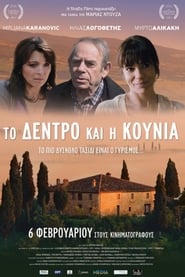 Coming home to make amends with...
Coming home to make amends with...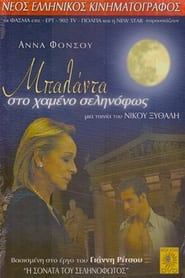 One night a woman and a...
One night a woman and a...